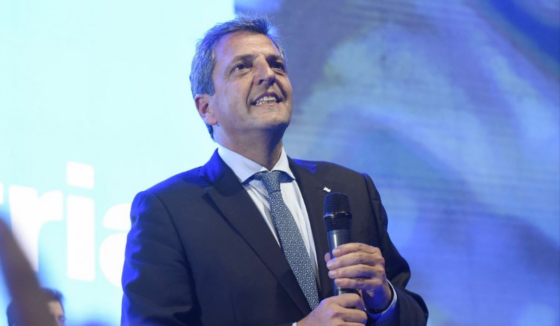
Who Has the Edge in Argentina’s Race for President?
A Latin America Advisor Q&A featuring experts’ views on the presidential elections in Argentina.
A Latin America Advisor Q&A featuring experts’ views on the presidential elections in Argentina.
La directora del Programa Peter D. Bell sobre Estado de Derecho del Diálogo Interamericano, Tamara Taraciuk Broner, conversó con Gladys Rodríguez en TVV Noticias sobre el acuerdo de Barbados sobre condiciones electorales entre la Plataforma Unitaria para la Negociación de Venezuela y representantes del gobierno de Maduro, las inhabilitaciones de las y los candidatos, así como la persecución contra la Comisión Nacional de las Primarias por parte del gobierno de Maduro luego de las elecciones primarias.
Manuel Orozco, director of the Migration, Remittances, and Development program at the Inter-American Dialogue sat down with Richard McColl of The LatinNews Podcast to provide his analysis on Nicaragua and the Ortega-Murillo regime.
El 24 de octubre, el director del programa de Migración, Remesas y Desarollo del Diálogo Interamericano, Manuel Orozco, conversó con Lucía Pineda Ubau de 100% Noticias sobre los flujos observados de migrantes en el aeropuerto de Managua, Nicaragua en los últimos meses. Orozco observó que el aeropuerto sirve de un puente desde Cuba y Haití hacia los Estados Unidos.
El nombramiento del nuevo presidente del Banco Centroamericano de Integración Económica (BCIE) es de vital importancia para la democracia y el desarrollo de la región. Quien sea electo y asuma el timón de esta entidad tiene que responder a la misión para la que fue creada, a los compromisos que ha adquirido y a la soberanía del pueblo centroamericano, no a los intereses de los líderes populistas de turno. De otra forma continuará la complicidad contra la democracia y la fidelidad de ser el Banco de los dictadores.
A Latin America Advisor Q&A featuring experts’ views on the presidential elections in Ecuador.
Amid Venezuela’s crisis and the upcoming 2024 presidential elections, a potential opportunity for a democratic transition may emerge. The escalating authoritarianism, human rights abuses, and dire humanitarian situation underscore the critical importance of addressing these challenges while also identifying opportunities for transition to occur.
A Latin America Advisor Q&A featuring experts’ views drugs and security in Mexico and the United States.
Rebecca Bill Chavez, President & CEO of the Inter-American Dialogue, participated in the North Capital Forum in Mexico City from October 4th to 6th. Chavez moderated the panel discussion “What’s Going On: Ambassadors Reflect on the Status of the Trilateral Relationship”
A Latin America Advisor Q&A featuring experts’ views on the mayoral elections in Mexico City.
On September 13, 2023, President Irfaan Ali joined Inter-American Dialogue President & CEO Rebecca Bill Chavez for a conversation on sustainable management of oil & gas revenue and the future of US-Guyana ties.
As Venezuela’s presidential elections, scheduled for 2024, draw closer, the international community’s attention is primarily focused on how to use leverage to ensure minimal electoral conditions. US high-level officials have publicly said they would ease some of the economic and political sanctions imposed on the country in exchange for meaningful concessions by Nicolas Maduro’s government, and there is clearly an ongoing back channel between US and Venezuelan authorities along these lines. While this discussion is essential, it often overshadows a vital aspect of the conversation—the plan for what comes next. No transition of power is possible without a clear path forward after election day.
In El Salvador, the government of Nayib Bukele has posed a significant challenge to democracy in the region. His security policies, which have yielded positive results in reducing insecurity rates, have led to serious abuses and were made possible through prior measures that concentrated the power in the executive branch. These policies have also boosted the popularity of the Salvadoran president. This highlights the need to promote democratic and effective alternatives to address insecurity in the region.
El 29 de septiembre, director del programa de Migración, Remesas y Desarrollo del Diálogo Interamericano, Manuel Orozco, habló con Gonzalo Abarca, presentador del programa “Foro” en Voz de América (VOA). El panel abarcó varios asuntos relacionados con una taza de migración creciente, su efecto en la economía estadounidense, el impacto de sanciones en el crecimiento y el papel importante de las remesas en la región.
A Latin America Advisor Q&A featuring experts’ views on the presidential elections in Argentina.
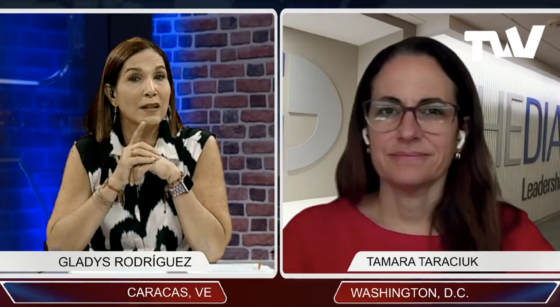 Video
Video
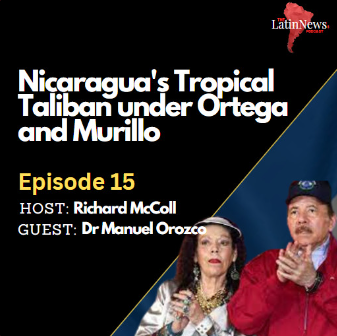 Video
Video
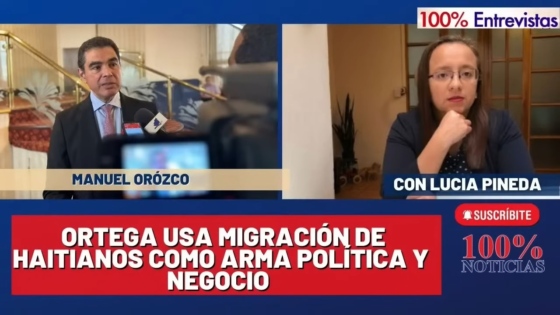 Video
Video
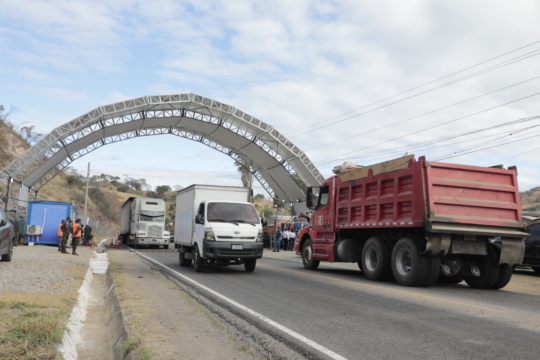
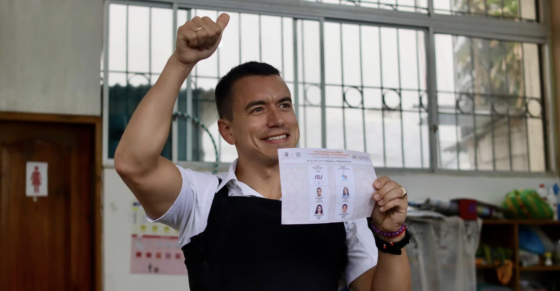
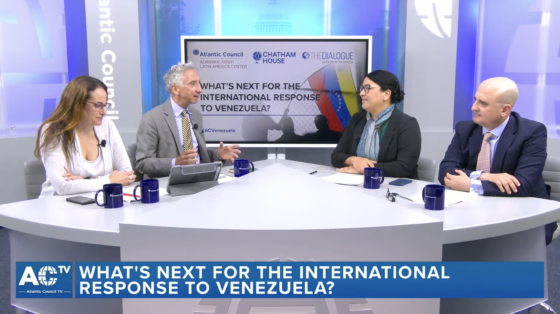 Video
Video
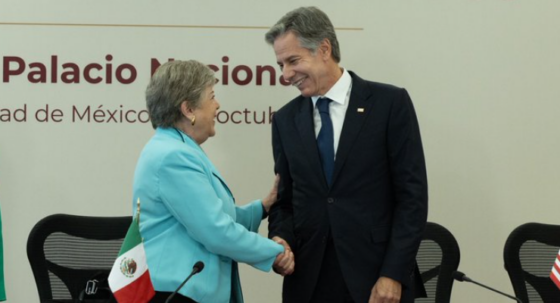

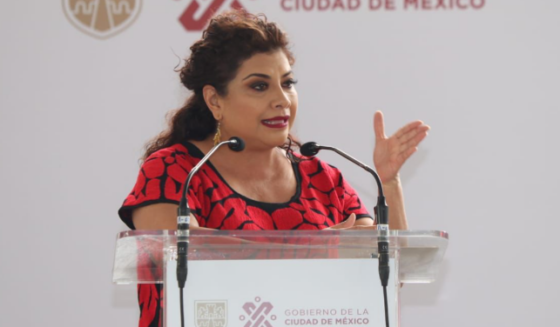
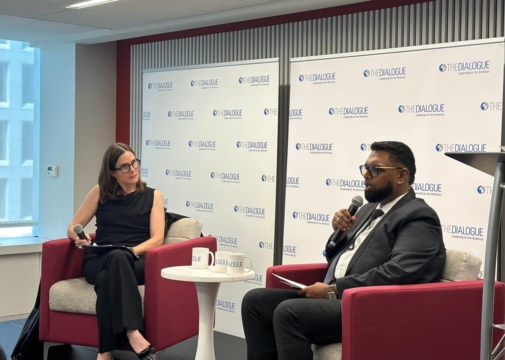 Video
Video
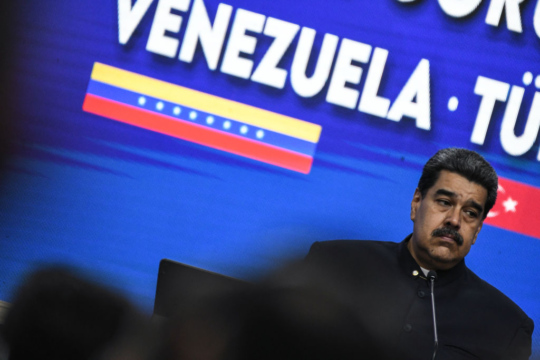
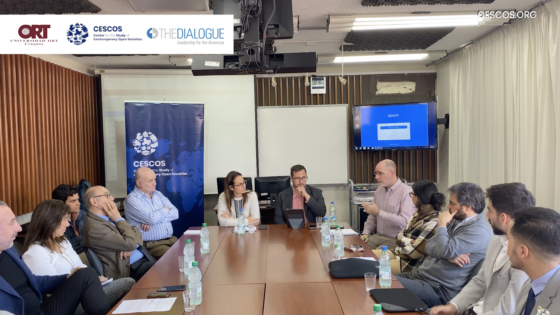 Video
Video
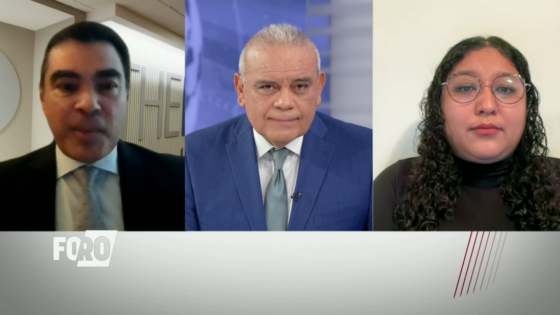 Video
Video
